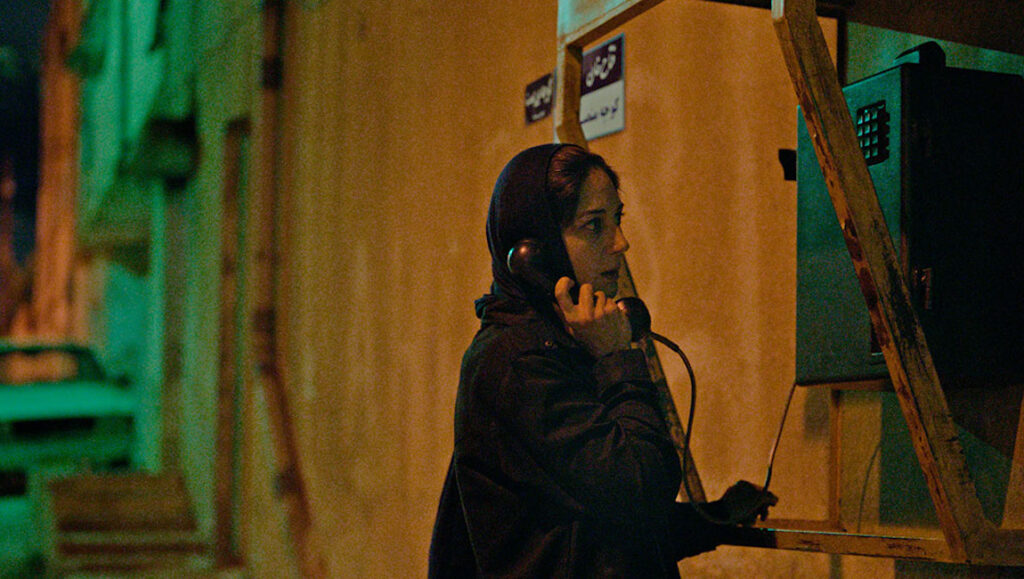Holy Spider fails to execute the tonal mastery needed for its material and is too self-conscious to occupy any pulpier territory.
For approximately one year between 2000 and 2001, Saeed Hanaei murdered at least 16 sex workers in the Iranian city of Mashhad before being caught, tried, and executed by the state. Home to the Imam Reza shrine, Mashhad is a significant site for practitioners of Islam and considered a holy place (its name meaning “the place of martyrdom”) that inspires pilgrimages from all over the region, though — of course — there persists a tension between the practicalities of modern urban living and the conservatism of the devout. Dubbed the Spider Killer in the press (in reference to his penchant for luring in and strangling his victims with their own head scarves), Hanaei’s killing spree embodied this tension at its ugliest and most evil, informed and enabled by sympathetic law enforcement and religious leaders who celebrated his motives.
Two decades removed from these events, and with at least two other films on the subject made in the interim (including the 2002 documentary Along Came a Spider, which has served as some inspiration today), Iranian-Danish director Ali Abbasi is now making the festival rounds with his own cinematic interpretation of these serial killings, titled Holy Spider, from a script he’s reworked and refined since the initial media buzz around the case. Spurred on by the recent successes with his 2018 Un Certain Regard winning troll drama Border, Abbasi was finally able to get this passion project into production, and then a slot in Cannes’ competition lineup where its star, Zahra Amir Ebrahimi, was awarded Best Actress for her portrayal of Rahimi, the journalist who went undercover to catch the Spider Killer. In reality, there was no such journalist (Hanaei was caught only after one of his victims managed to escape): Rahimi’s an entirely fictitious construct through which Abbasi refracts the real incident, bending it into the shape of a Hollywood thriller. Her character also allows Abbasi to double down on his film’s thesis, positioning her against corrupt, misogynistic law enforcement and government officials in her pursuit of Hanaei in scenes designed as less lurid parallels to the killings. Unfortunately, one never really forgets that Rahimi is essentially a screenwriter’s device, with Ebrahimi’s award-winning performance failing to truly enliven the thinly-written role. Abbasi and co-screenwriter Afshin Kamran Bahrami are inevitably more enchanted by their serial killer, portrayed here by Mehdi Bajestani whom they afford a more complicated range and showier dramatic moments. Even still, the script does Bajestani a disservice in the way it attempts to parse out his psychology, although the actor still manages to rise to the occasion, jumping from repressed everyman to animalistic brute to smug media star with relative grace. Quite obviously drawing upon the influence of Bong Joon-Ho’s Memories of Murder, as well as the Hollywood serial killer procedurals of David Fincher and Silence of the Lambs (which seems to be the favored point of comparison for the U.S. market), Holy Spider can’t match the former’s challenging tonal mastery and is still too self-conscious to pull off the latter films’ confident pulp edge, ultimately occupying an unsatisfying place somewhere between.
Originally published as part of TIFF 2022 — Dispatch 4.


Comments are closed.